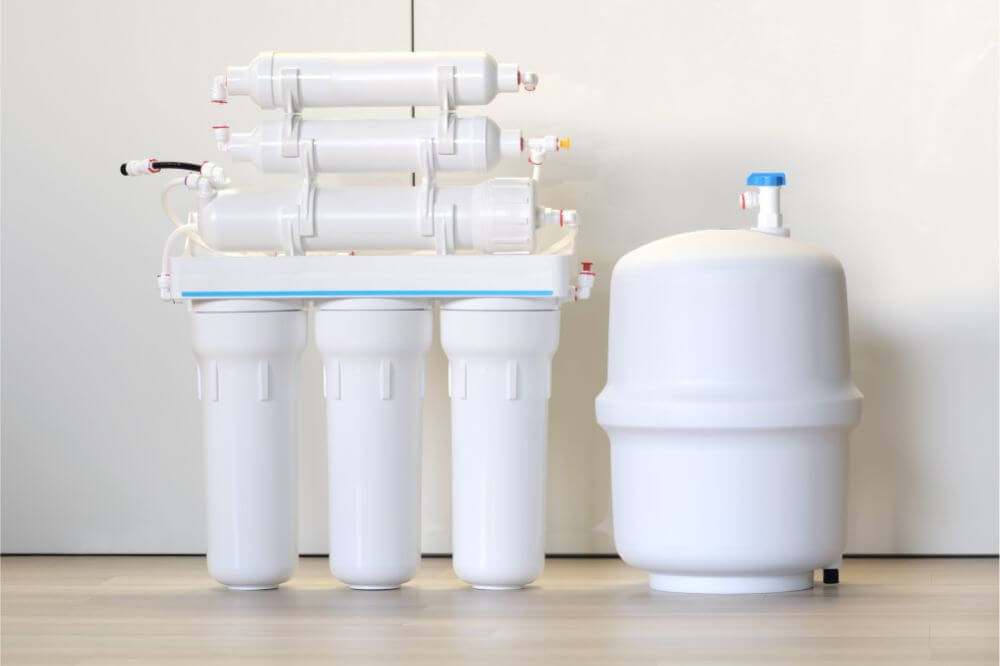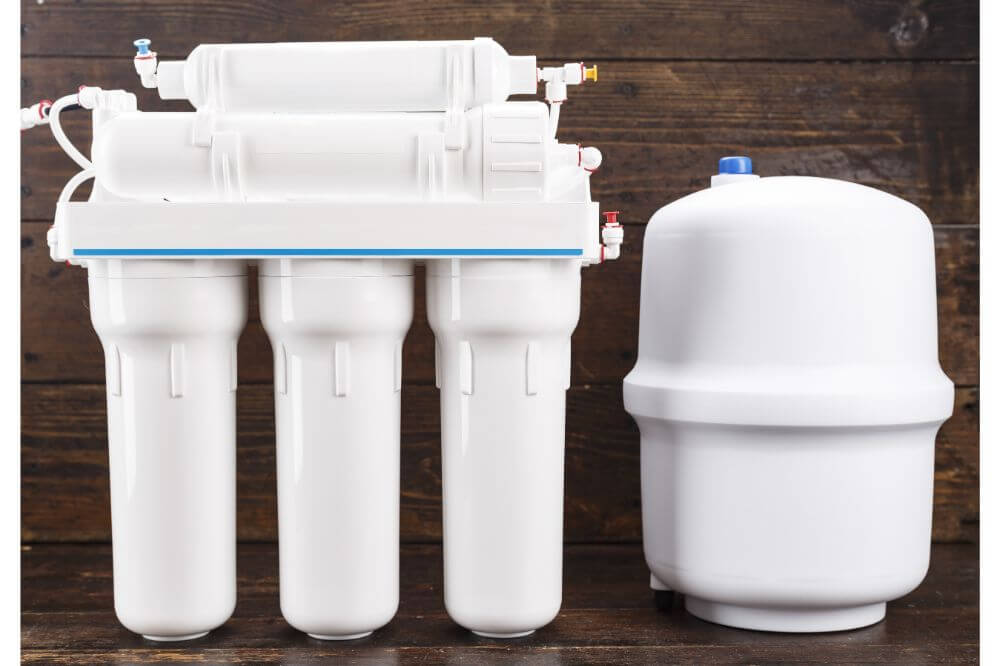There was a time when people could access clean, cool water from rivers and streams. As the earth became more industrialized, people increasingly sought a clean source of drinking water.
As urban areas grow, cities use chemicals like chlorine to keep our water clean. Even so, pollutants such as pesticides, herbicides, pharmaceuticals, and hormones are all to be found in our municipal water, along with bacteria and other organic material.
The chlorine and other chemicals have left our water tasting terrible, and the pollutants threaten our health.
Many people have, as a result, resorted to drinking bottled water, but this is not the answer. Water bottles now pack landfills across the world. The solution to the problem lies in filtering our own water.
Reverse osmosis and alkaline water filters are two of the most popular water filtering options. Find out which option best suits your needs.
Alkaline Water Filters
An alkaline water filter, sometimes known as an ionizer, changes the PH level of drinking water while it filters out impurities. PH is a metric that measures acidity levels which run from 0 to 14, with the most acid at 0 and the most alkaline at 14. Ordinary tap water is usually a neutral 7. The PH level of alkaline water exceeds 7.5.
A water ionizer uses a process called electrolysis to create ionized alkaline water. During the process, water runs over positive and negative electrodes. The impurities attach themselves to either the positive or negative electrode, which separates the acid and alkaline streams.
The alkaline water is used for drinking. The acid, or oxidizing water, is reserved for cleaning as it has antibacterial properties.
Benefits of Alkaline Water
Although some of the claims made by supporters of alkaline water are not supported by research, there are many proven benefits.
- A 2012 study found that alkaline water helped to inactivate pepsin in the gut. This acid is the leading cause of acid reflux at a PH level of 8.8 to 9
- According to a recent study, drinking alkaline water may reduce high blood pressure, and sugar and cholesterol levels
- Electrolysis creates beneficial additives such as calcium and potassium in the water. Your body more readily absorbs minerals from water than it does from food. So, drinking alkaline water could help to keep you healthy
- The electrolytes, by-products of the process, enhance hydration
Some claimed benefits remain unproven. These include:
- Anti-aging benefits – the result of antioxidants
- Resistance to cancer
- Weight loss
- Immune system support
- Hydrated skin
Disadvantages of Alkaline Water Filters
- Alkaline water filters do not remove organic or chemical additives from the water as effectively as reverse osmosis
- Many of the claimed benefits of alkaline water remain unproven, with some doctors cautioning that too much alkali can be as damaging as too much acid.
Reverse Osmosis
Reverse osmosis uses multiple semi-permeable membranes to remove molecules, ions, and particles from water. First, the water passes through a sediment and carbon pre-filter to remove chlorine and sediment. It then passes, under pressure, through the membranes.
The filtered water is held in a tank until it is required for drinking. The tank ensures that you always have plenty of drinking water because reverse osmosis is a slow process and, without the tank, you would have to wait.
Finally, a carbon post-filter removes volatile organic compounds and chlorine. A reverse osmosis filter will filter molecules as small as 0.0001 microns, eliminating bacteria, organic matter, chemicals, and metals.

The fact that an RO filter system removes such minute particles may seem like a healthy option. Yet, in stripping the water of molecules, the filter also eliminates minerals such as magnesium and calcium. It is, however, possible to get a system that can re-mineralize the water.
Reverse osmosis uses hydraulic pressure to push water through the membranes. In the process, it wastes a considerable amount of water, usually in a ratio of 1:4. To purify one gallon of water, you will throw away four because the system separates clean water from impurities. The clean water goes to the tank, and the impure water exits through the drain.
Though some reverse osmosis filtration systems can reduce water wastage, they are expensive. Alkaline filtration systems, on the other hand, will waste no water.
Reverse osmosis systems should last you between 10 and 15 years. All you need to do is change the pre- and post-filters every 6 to 12 months and the membranes every two to four years, depending on environmental factors.
Alkaline Water Filter vs. Reverse Osmosis
| Alkaline Water Filters | Reverse Osmosis Water Filters |
| Produces alkaline water | Produces neutral water |
| No water wastage | Significant water wastage 4 gallons to 1 |
| Takes less space | Must be plumbed in and requires a tank under the sink |
| The filtration system is not as good as an RO water system | Can remove up to 98% of volatile organic compounds |
So, Which is Best – an Alkaline Water Filter or a Reverse Osmosis Filter?
Both these water filtration systems are available across a wide range of prices with features to suit. When it comes to the initial investment, there is not much difference between them. Yet, most RO water systems come with a lifelong warranty, so the only expense after purchase is the filters.
Reverse osmosis filters are superior when it comes to the water’s purity, but it comes with the loss of minerals that are important to human health. Alkaline water has several health benefits absent from the water produced by reverse osmosis water filters. Add to that the wasted water in the RO filtration system and the alkaline water system becomes the better of the two filtration systems.

